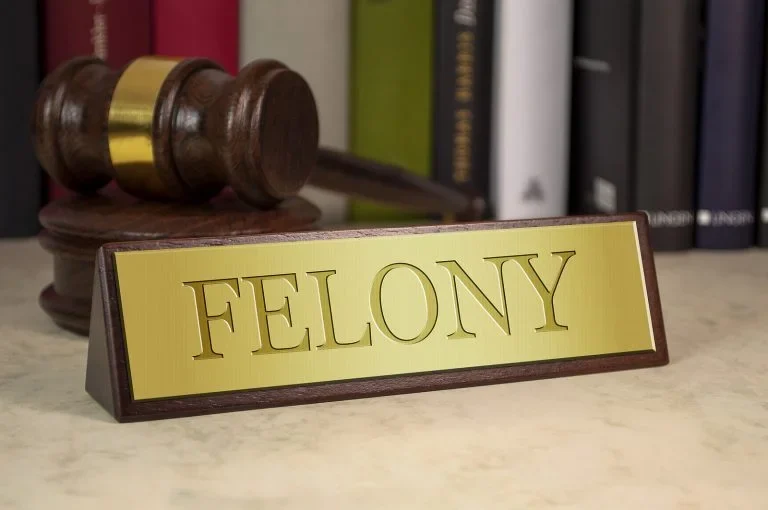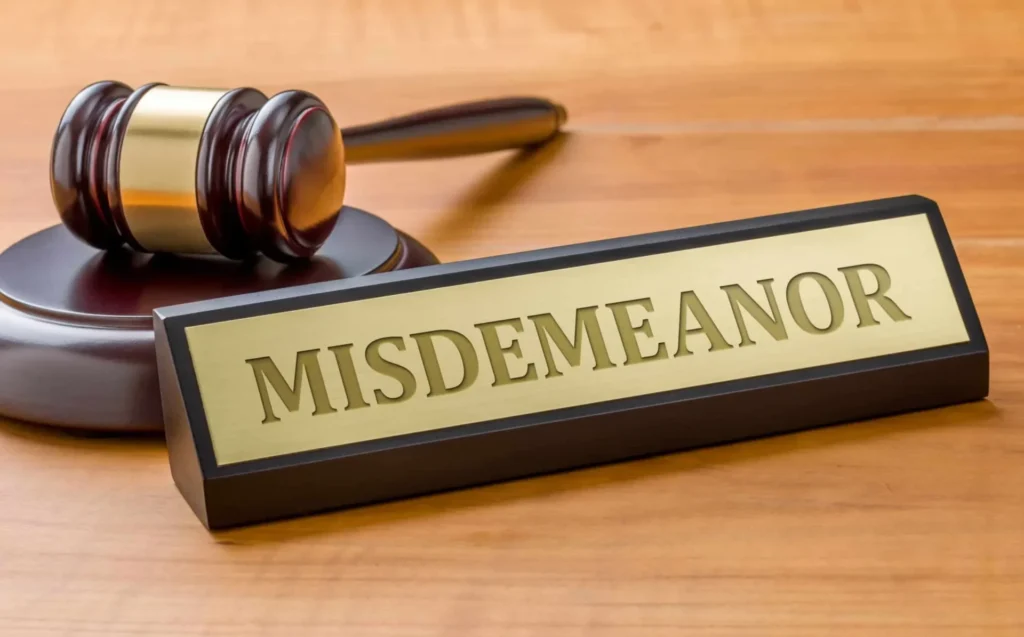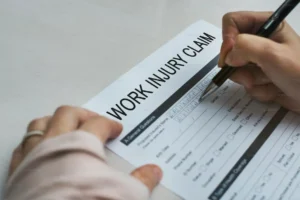Disclaimer: This article provides general information regarding felonies and misdemeanors. It is not legal advice. Please consult with a qualified attorney for advice specific to your case.
In criminal law, not all offenses are treated equally. Understanding the difference between felony vs misdemeanor charges is crucial, as each carries distinct penalties and consequences.
In fiscal year 2023, the US Sentencing Commission documented 64,124 federal cases involving people sentenced to felony and Class A misdemeanor offenses.
If you’re facing criminal charges, it’s helpful to understand what is worse: a felony or a misdemeanor, as the severity of the charge can significantly affect potential penalties and long-term consequences.
This article will help you understand how the legal system treats these crimes by outlining their distinctions.
Definition of Felonies

Data from the U.S. Sentencing Commission in 2024 shows that 97% of federal criminal cases were felonies, with immigration violations, drug trafficking, firearms offenses, and fraud among the most common. On average, felons received prison sentences of 52 months.
Felonies are severe criminal acts punishable by harsh penalties, including imprisonment for more than one year in a state penitentiary or hefty fines.
Beyond legal penalties, felony convictions can significantly impact a person’s life by suspending voting rights, limiting employment opportunities, and restricting housing options.
Definition of Misdemeanors

Misdemeanors are somewhat less serious crimes than felonies. Still, they can definitely have a significant impact. Misdemeanor crimes carry penalties such as community service hours or even jail time, but only for a year or less.
According to the law firm SBBL Law, prosecutors can sometimes use misdemeanors as a bargaining tool to obtain an early plea agreement. According to the U.S. Department of Justice, more than 90% of state and federal criminal convictions are plea deals. For first-time offenders or nonviolent crimes, many of these agreements may reduce felony charges to misdemeanors.
Misdemeanors are categorized from most to least serious as A, B, or C. Misdemeanor records appear in background checks and impact your ability to work or rent a place, so they must be addressed seriously and promptly.
Key Differences in Severity and Punishment
Ordinary misdemeanors are less serious violations and hence have lighter punishments ranging up to a fine or imprisonment for a duration not exceeding one year. The death penalty is the most severe punishment for felonies, which typically result in prison sentences of more than a year and, in some cases, life imprisonment.
Misdemeanors and felonies have contingent legal requirements, but felonies have the most severe and long-term consequences.
Long-term Consequences of Felonies vs. Misdemeanors

Both felonies and misdemeanors carry some form of punishment, but felony convictions often have far-reaching consequences.
A felony conviction hinders your job prospects since most potential employers perform background checks and refuse to hire anyone with a felony record. Landlords investigate your criminal history, and a felony charge can jeopardize your chances of finding a suitable home.
You may also be barred from obtaining professional licenses, limiting employment opportunities. Some states prohibit convicted felons from voting, even after they have paid their societal obligations.
Meanwhile, misdemeanors have fewer consequences and provide more opportunities for a person to reform and reintegrate into society.
What to Do If You’re Charged: Fighting a Felony or Misdemeanor
Whether you’re facing a felony or misdemeanor, taking immediate steps to protect yourself legally is crucial. One of the first things to clarify with your attorney is how your charge is classified. This distinction matters because under 18 U.S. Code § 3559, the legal system treats misdemeanors and felonies differently regarding sentencing severity, plea options, and long-term consequences.
Here’s what you should consider doing:
- Hire a Criminal Defense Attorney
An experienced lawyer can guide you through the legal process, assess the strength of the prosecution’s case, and help you build a defense. - Understand the Charges
Knowing what you’re being charged with, a felony or misdemeanor, will inform your legal strategy and potential plea options. - Gather Evidence and Witnesses
Collect documents, witness statements, or video evidence with your attorney’s help. This will be crucial in challenging the charges. - Consider a Plea Deal
Particularly in misdemeanor cases, prosecutors may offer to reduce charges in exchange for a guilty plea. Weigh these offers carefully with your attorney. - Engage in Pre-Trial Motions
Your lawyer might move to dismiss the charges or suppress specific evidence, which could significantly impact your case. - Prepare for Trial if Needed
If a deal isn’t in your best interest, your case may proceed to trial, where your lawyer will argue your defense before a judge or jury. - Explore Post-Conviction Relief
Even after a criminal conviction, options like appeals or record expungement (especially for certain misdemeanors) might still be available.
Examples of Common Felonies and Misdemeanors
When differentiating between felonies and misdemeanors based on gravity, it is critical to distinguish what kind of offense belongs in each class.
Common felonies include aggravated murder, rape, and armed robbery. These are considered serious offenses, with typical sentences of more than a year.
Petty crimes, such as petty theft, vandalism, and public intoxication, are considered misdemeanors. Fines or jail terms under one year are usually imposed as punishments for these offenses.
Understanding the difference between a felony and a misdemeanor is crucial since it reflects the offense’s severity and directly impacts the potential punishment when facing a criminal charge.












